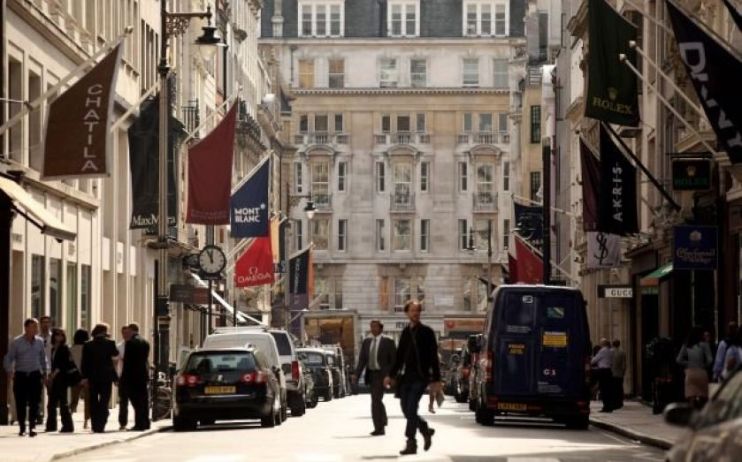Tax paid by Brits on at least £150k skyrockets as ‘fiscal drag’ makes HMRC increasingly lean on high income taxpayers

The total income tax paid by high earners making £150,000 or more has increased by 77 per cent in the last decade, reaching £60.9bn in the 2019-20 tax year, up from £34.5bn in 2010-11, according to data that was shared with City A.M.
Over the same period the total tax take from basic rate taxpayers has fallen 5 per cent, from £68.6bn to £64.9bn, as HMRC becomes increasingly reliant on those paying the additional rate of income tax.
In fact, 32 per cent of all income tax HMRC receives is now paid by those earning £150,000 per year or more, compared to just 23 per cent ten years ago, lawyers at accountancy group UHY Hacker Young told this newspaper.
‘Fiscal drag’
In the last year, tax thresholds have been frozen, while salaries and inflation have risen. This process, known as ‘fiscal drag’, has increased the number of people paying the top rate of tax.
It is essentially a stealth tax as receipts are raised without hiking rates, which pushes more people into higher tax brackets as a result of inflation.
The Government has suggested previously that it hopes to reduce taxes across the board – having already put in place plans to lower the basic income tax rate to 19 per cent.
“Top earners are increasingly shouldering a very large proportion of the tax burden. There has been a clear effort from HMRC to shift their focus onto higher earning taxpayers,” explained London-based Neela Chauhan, Private Client Tax Partner at UHY Hacker Young.
Chauhan told City A.M. today “as more people are being pushed into the top tax bracket, the Government needs to act quickly to ensure more tax payers aren’t unfairly squeezed. Moving all the income tax brackets upwards in line with inflation would be a reasonable first step.”
Top talent may leave
She added that there is a fear that some of the UK’s top talent, working in sectors such as tech and financial services, may consider moving abroad to reduce their tax burden if taxes on high earners continue to rise.
Many high earning individuals are internationally mobile and have been attracted to other major financial centres. These include Dubai, where there is no personal income tax and Singapore, where the tax for foreign high-earners is around 22 per cent.
“There are concerns that a slow leakage of top earners leaving the UK may hinder the UK’s economic recovery over the long term,” Chauhan said.
“The UK was seen as a low-tax regime within Europe but with rising NI and fiscal drag that position is being gradually eroded,” she concluded.